What should I study?
Explore what we have to offer in the subject areas you're interested in, and where studying with us might take you.
Business
Creative arts
Health
Humanities & social sciences
Sciences
Study with us as an international student
Develop critical thinking, communication and teamwork in top-class qualifications. Get practical skills and a global outlook at Massey.




What we offer postgraduate students
Study at a higher level, specialise in your field and advance your career with a postgraduate qualification from Massey.
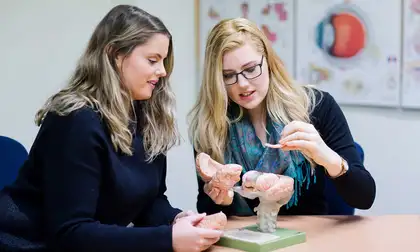
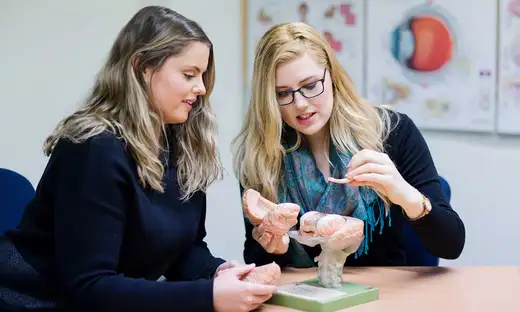
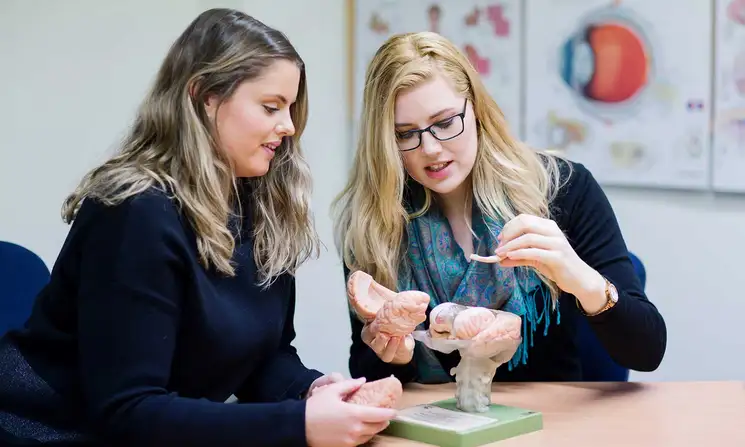
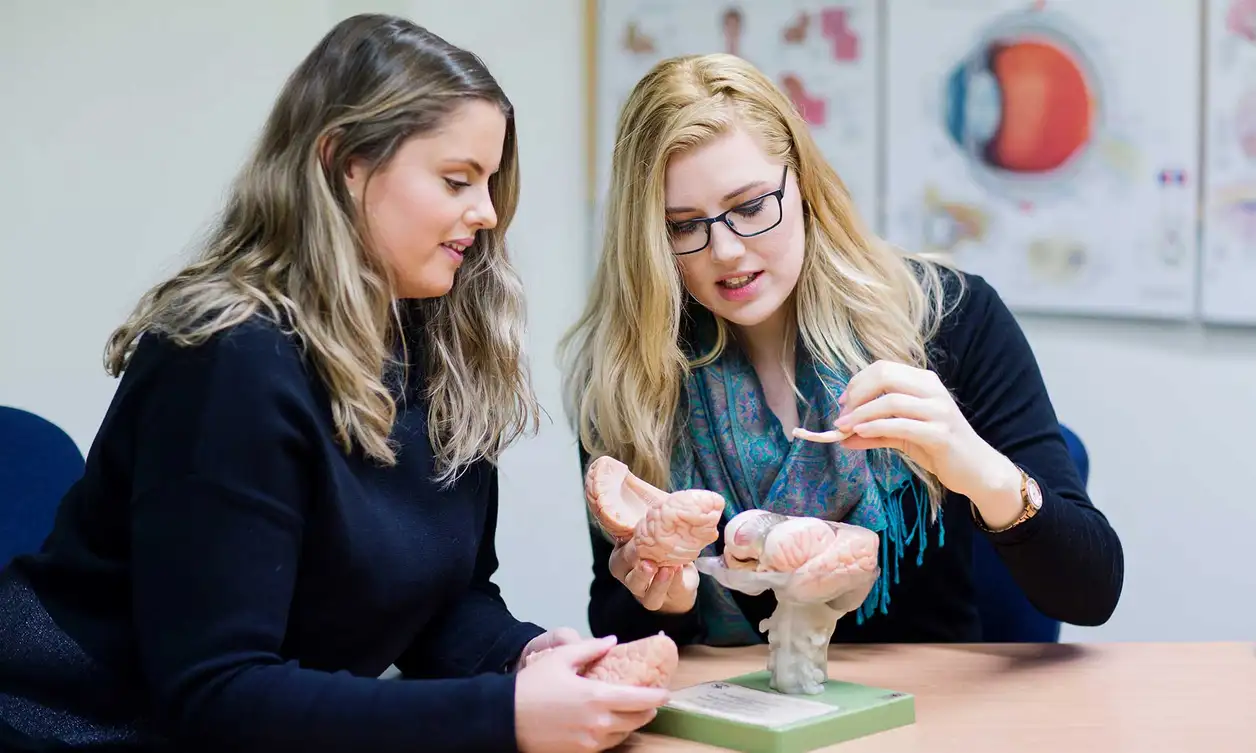
Short courses & micro-credentials
Expand your horizons by taking a Massey short course or micro-credential.



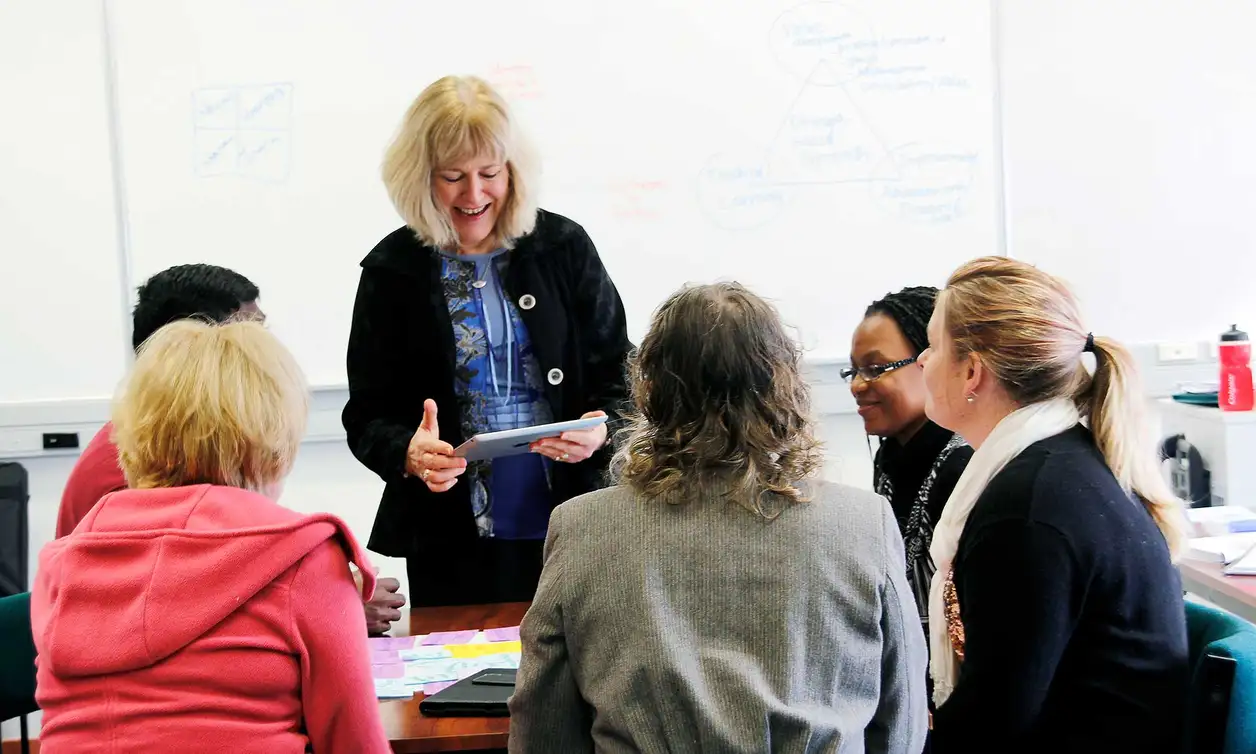
Understanding Massey language
Not all universities use the same words for the same things. Here are some key terms for how we talk about study options at Massey.
Qualification
A qualification is what you work towards during your time studying at Massey. This may be a bachelor’s degree, a diploma or a certificate, a master's degree or a doctorate like a PhD.
Conjoint degrees let you do two undergraduate degrees together in a shorter time than if you took one after the other.
Subject specialisations: majors, minors and endorsements
When you apply to study at Massey, for some qualifications you can choose what subject you’d like to specialise in. You can usually change your mind after you first apply.
Learn more about majors, minors, endorsements and subjects
Courses
Each qualification has its own specific set of courses. Some universities call these papers. You enrol in courses after you get accepted into Massey. You may need to do some in a certain order.
Credits
When you pass a course you’ll earn a certain number of credits – most undergraduate courses are worth 15 credits. You’ll need to earn at least 360 credits for most undergraduate degrees, which is around 3 years of full-time study.
Learn about planning courses at Massey
Level of study: undergraduate and postgraduate
There are two main levels you can study at: undergraduate and postgraduate. If you’ve never been to university before or don’t have a bachelor’s degree, generally you’ll be studying for a qualification at undergraduate level.
Where to study
Take a look at where you can study with Massey and what each location or study mode has to offer.
Study on the Auckland campus
Learn in state-of-the-art science, technology and finance facilities, then take a break at the sandy beaches nearby.
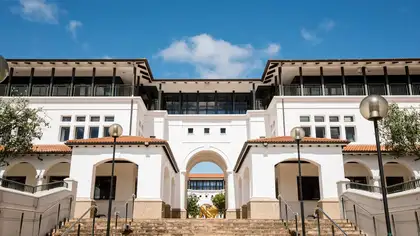
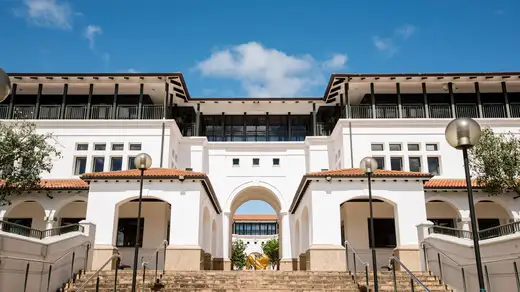
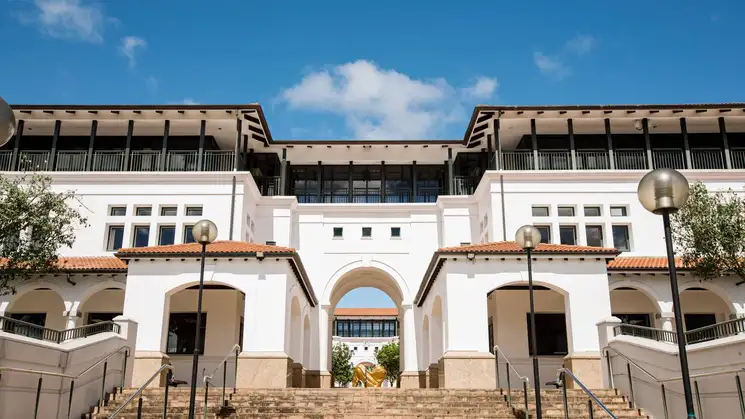
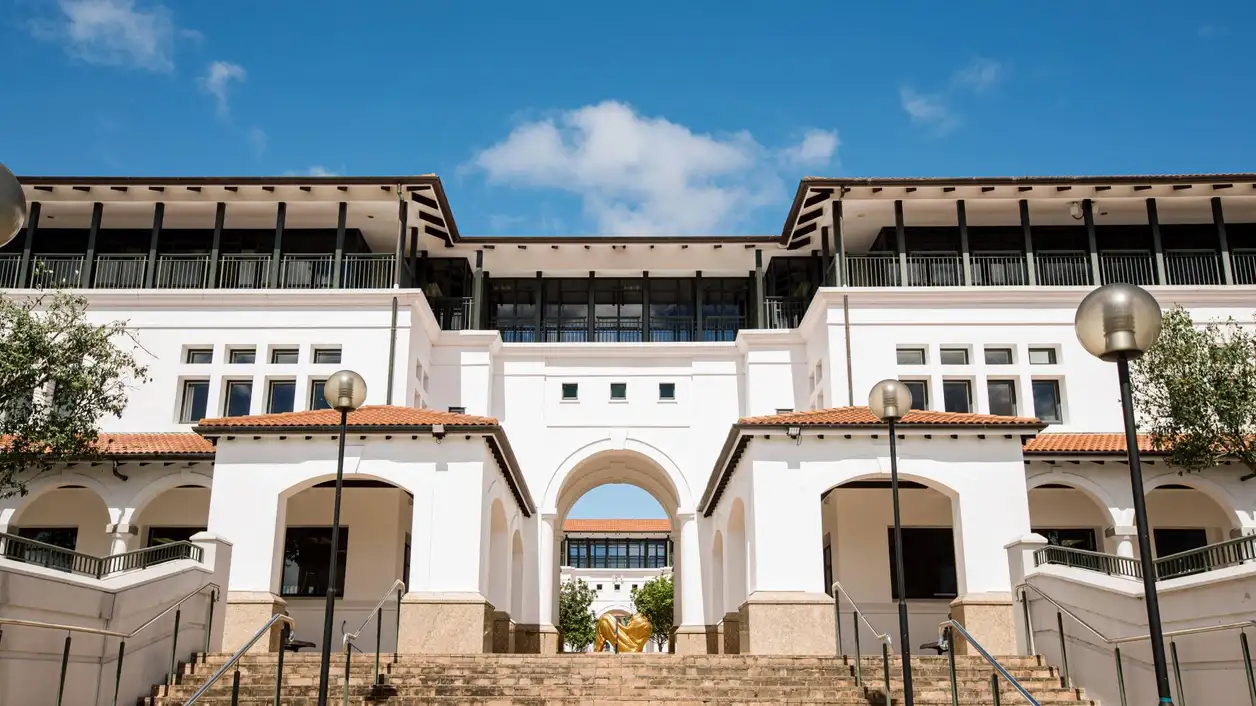
Study on the Manawatū campus in Palmerston North
Join a thriving student community at Massey's first campus. Learn from world experts in agriculture, aviation, Māori visual arts and more.




Study on the Wellington campus
Get inspired at Massey's creative campus in Wellington – a friendly city buzzing with art and culture.




Distance & online study
Learn about distance and online study at Te Kunenga ki Pūrehuroa Massey University: how it works, what it costs, who can do it and how we support you.




Massey Global
Start your pathway to Massey outside New Zealand and finish with us. Or study in your country with one of our partners.




